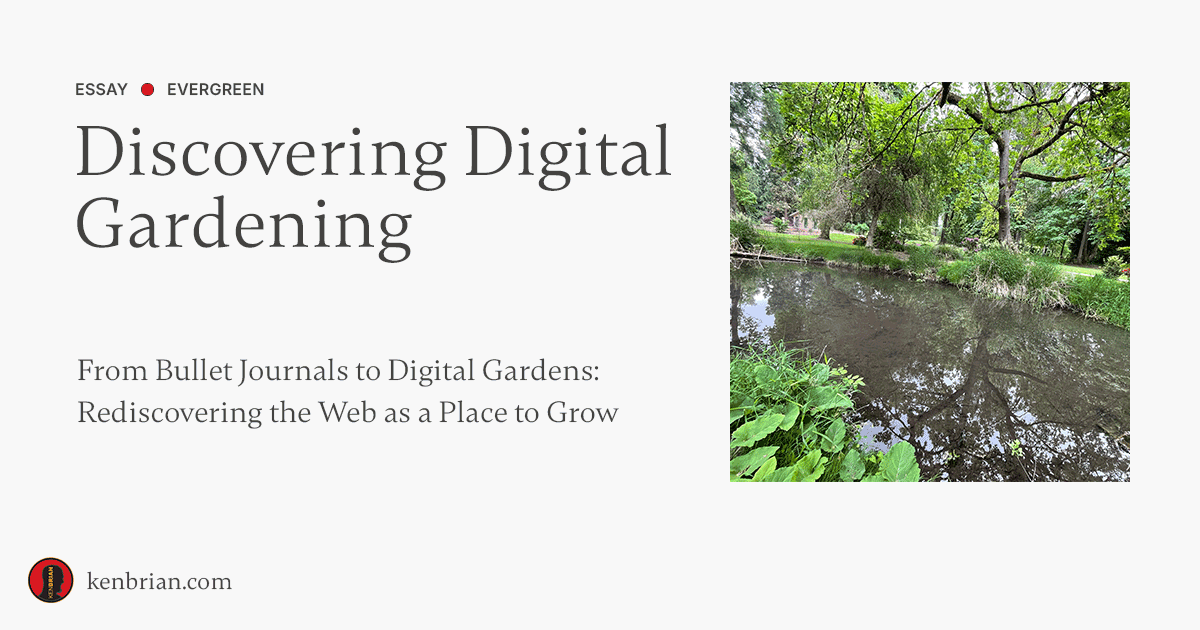Latest in: Brainfood
the concept of Digital Gardening, an ethos for posting what you are learning and all of your personal knowledge online that’s more exploratory, interconnected, and organic than traditional blogging.
I really admire Matt Mullenweg, the genius behind WordPress. Born in Houston, Texas, Matt is a tech wizard who co-founded WordPress in 2003 when he was 19. His journey is like a digital adventure, …
Ethan Hawke and his daughter Maya Hawke were recently interviewed by Bishop Barron. Ethan and Maya’s most recent project is “Wildcat,” a film about the great twentieth-century author Flannery O’Connor. The film is directed …
Thanks to Tim, I've learned to question the path, embrace the change, and above all, take the damn reins. 20 Years of Experiments with Tim Ferris Bill Gurly's interview with Tim Ferriss offers a …
Ethan Hawke - Give Yourself Permission to be Creative. Ethan Hawke, the screen actor, gets candid about creativity and how people often doubt their own ability to be creative. He reflects on a story …
Civility and authenticity are not mutually exclusive. I recently came across a BBC series from 1969 called Civilisation: A Personal View by Kenneth Clark. It’s presented by art historian Sir Kenneth Clark and explores …
I have been appreciating both of these creators for some time. So when they started a back and forth debate, I was excited to hear what they had to say. I think I learn …
Subscribe to be updated about new content.
kenbrian
